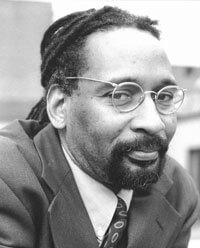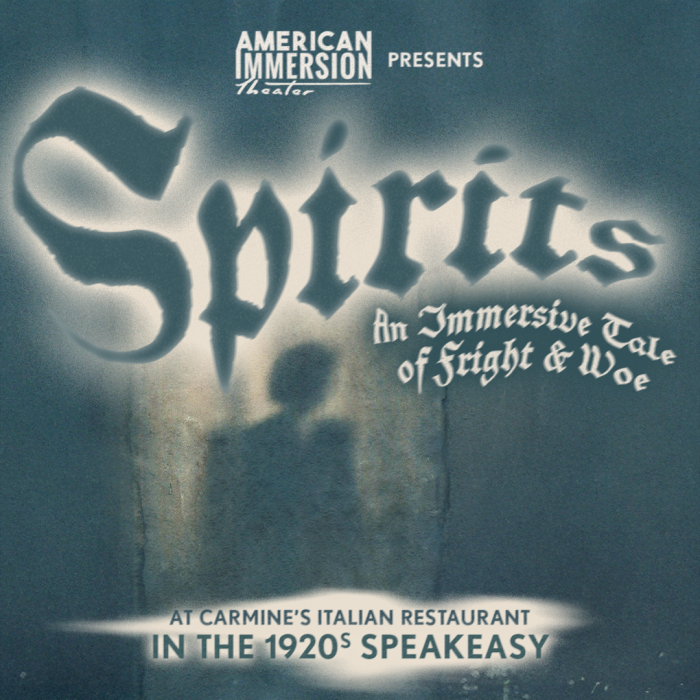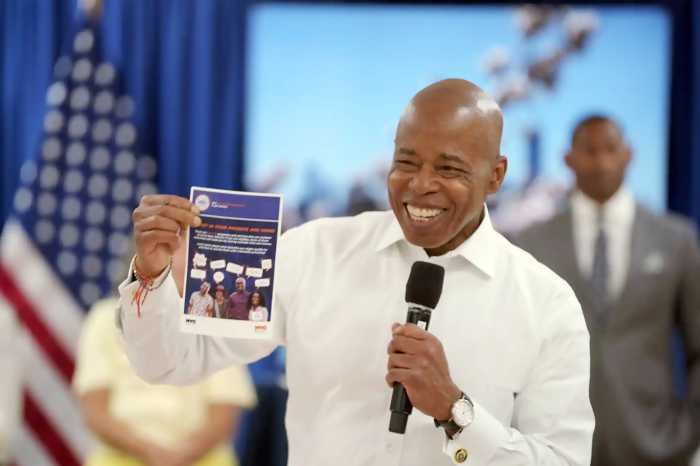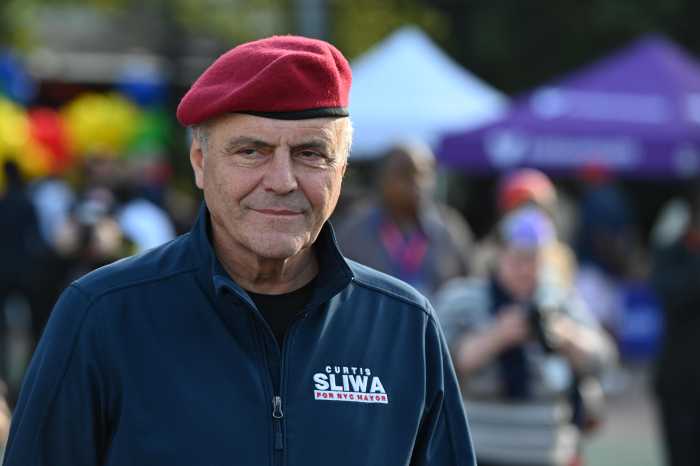Housing Works founder was energetic fighter against AIDS, discrimination
According to a statement issued by Housing Works, Cylar, who was 45, suffered during the past year from cardiomyopathy, a serious enlargement of the heart, and died from a cardio arrhythmia, an irregular beating of the heart.
He was pronounced dead just before 10 p.m. Monday by EMS workers summoned to his apartment by Charles King, his longtime partner. King and Cylar, along with attorney Virginia Shubert, founded Housing Works in 1992, and the two men shared responsibilities as the group’s co-presidents.
According to Ellen Borakove, spokesperson for the city’s Chief Medical Examiner’s Office, an autopsy on Cylar has not yet been completed, pending further blood and tissue testing, including toxicology and histology reports, to determine the cause of death. That testing could take several weeks.
Cylar was widely admired in AIDS activist circles for his confrontational style with government officials, but also for his instinctive empathy with the everyday struggles faced by Housing Works clients, many of whom are impoverished and struggling with multiple social and medical problems.
“He was loud when others remained silent,” said Dennis deLeon, the executive director of the Latino Commission on AIDS, in a written statement. “He could shame any bureaucrat into action (by any means necessary). He put his body in harm’s way on countless occasions, spending innumerable hours behind bars to try to wake people up to injustice… He consoled the families of countless friends who were clients who had lost loved ones.”
DeLeon’s praise for Cylar is particularly noteworthy given the high profile and bitter dispute in which LCOA and Housing Works recently engaged, including a series of letters back and forth published in Gay City News in January, about proposed changes in the state’s Medicaid program.
“There are few people who worked as tirelessly as Keith on behalf of the poor, LGBT people, men and women who use drugs, the homeless, the disenfranchised, people with HIV, people of color, and just about anybody who did not have a voice,” deLeon also wrote.
“He was one of my heroes,” said Jennifer Flynn, director of the New York City AIDS Housing Network. “I daresay he was the most important person in the AIDS housing field. If you were not doing something that would benefit homeless people with AIDS, he would sure let you know that. He was the movement’s moral barometer.”
Debra Fraser-Howze, the president of the National Black Leadership Commission on AIDS, often traveled with Cylar and deLeon on lobbying forays at the state Legislature in Albany.
“The community is rocked and devastated by the loss of our brother, friend, and warrior Keith Cylar,” she told Gay City News. “We all were blessed with watching Keith grow from his days in ACT UP to a coalition builder for communities of color. We loved him deeply. Keith was a warrior in the movement, a brother to everyone’s heart, and a pinnacle of truth that kept everyone who was blessed enough to have been touched by him always on the track for truth and justice. The fight against AIDS will not be the same without him.”
Cyler, in an unpublished interview with Gay City News last September, recalled that he first became aware of AIDS soon after it was identified in 1981 while earning his bachelor’s degree in psychology at Boston University. He completed his degree at BU in 1982. Three years later, he moved to New York City to enter a social work master’s program at Columbia University, from which he graduated in 1988.
That same year, Cylar lost his first lover to AIDS, and the following year, he tested positive himself. Yet, he recalled, he happened upon ACT UP and AIDS activism somewhat by chance.
One day in 1989, while at the Lesbian, Gay, Bisexual and Transgender Community Center on West 13th Street, Cylar noticed a an ACT UP literature table set up outside the first floor meeting room where the group was meeting.
“[I saw] all these guys in black leather jackets,” he said. “It was the lit that made stop. It was the black leather jackets that pulled me into the room.”
Cylar quickly made a mark on the group, helping to found its Housing Committee.
“From that point on it all blurs for me,” he told Gay City News last year. “ACT UP became six days a week, seven days a week… It was twenty-four, seven, non-stop… I became part of a community and I watched my community disintegrate… I wanted to keep people from dying. I needed to fight against this thing that was killing us and killing me.”
“He was a tireless activist,” Mark Milano wrote in a remembrance he distributed via e-mail. “I met him in ACT UP and watched with awe as he created and nursed Housing Works into an amazing organization. Even after he left ACT UP, he never abandoned our tactics. He spent years fighting Giuliani’s policies in every way possible, and won a number of court cases against that awful administration.”
Housing Works battled Mayor Rudolph Giuliani not only over public funding issues, but also about restrictions the former mayor’s administration placed on public assembly and protest. The group won several significant First Amendment victories in the courts.
King, in an interview two nights after his partner’s death, said that Cylar was “Housing Works’ principal spokesperson, especially in Washington.”
“Housing Works will his miss his vision, his energy,” he said. “We couldn’t have had a louder and more eloquent voice.”
King noted that Cylar’s energy helped Housing Works avoid the inevitable corporatization that has set into the field of AIDS work.
“He was in many ways the heart of Housing Works,” he said. “We shared that between us. One of the things that Housing Works has done well––not always perfectly, but well––is that we kept alive the passion of ending AIDS, resisting the tendency toward institutional, bureaucratic stagnation. My hope is that we can keep alive that spirit and passion, and not have it fall off.”
One of the concepts that Cylar helped pioneer at Housing works was a harm reduction approach toward helping those addicted or otherwise troubled by drug use to curb negative impacts on their lives.
“Cylar was a board member of the National Harm Reduction Coalition and helped ensure that, from the beginning, Housing Works would distinguished itself from other AIDS service organizations by not turning away anyone in need of service simply because they were still using drugs,” the writer David France said in a statement he prepared at the request of King and Housing Works.
King talked about how Cylar’s empathy for those facing problems with drugs came out of his own personal experiences with addiction, for which he sought treatment prior to founding Housing Works.
“Keith has spoken very publicly that he was a drug addict,” King said. “I am not going to tell you there was never any occasion when Keith used drugs or alcohol [since his treatment]. But having admitted that he had an addiction, he felt that for the rest of his life he was stigmatized for having talked about using drugs.”
A number of people close to Cylar noted his incredible relationship with King.
“We must not forget what an important source of strength and motivation Keith was to Charles King,” deLeon wrote. “Their partnership changed over time but it never wavered. We cannot think of a more successful and passionate brotherhood.”
King as well acknowledged the extraordinary bond the two men shared––long time partners who sat in adjoining offices, separated by a glass door, running a multi-million dollar non-profit organization, even as they did not live together.
“We were partners in every way,” King said. “Keith was my biggest hero. He was an amazing fighter in the struggle and he just would never ever give up.”
Cylar was born in Virginia on April 18, 1958. In addition to King, he is survived by his parents Anna E. Patton of Cleveland Ohio, and Marva and Harry Langester, of Portsmouth Virginia, his great-aunt Esther Dudley, a score of cousins; and thousands of Housing Works clients.
A funeral service is planned for Tuesday, April 13 at The Church of the Intercession, 550 W. 155th at Broadway. The service will be followed by a benefit dance party in celebration of Keith Cylar’s life from 6:30 to 10 p.m, at Webster Hall, 125 E. 11th Street. All are welcome.




















